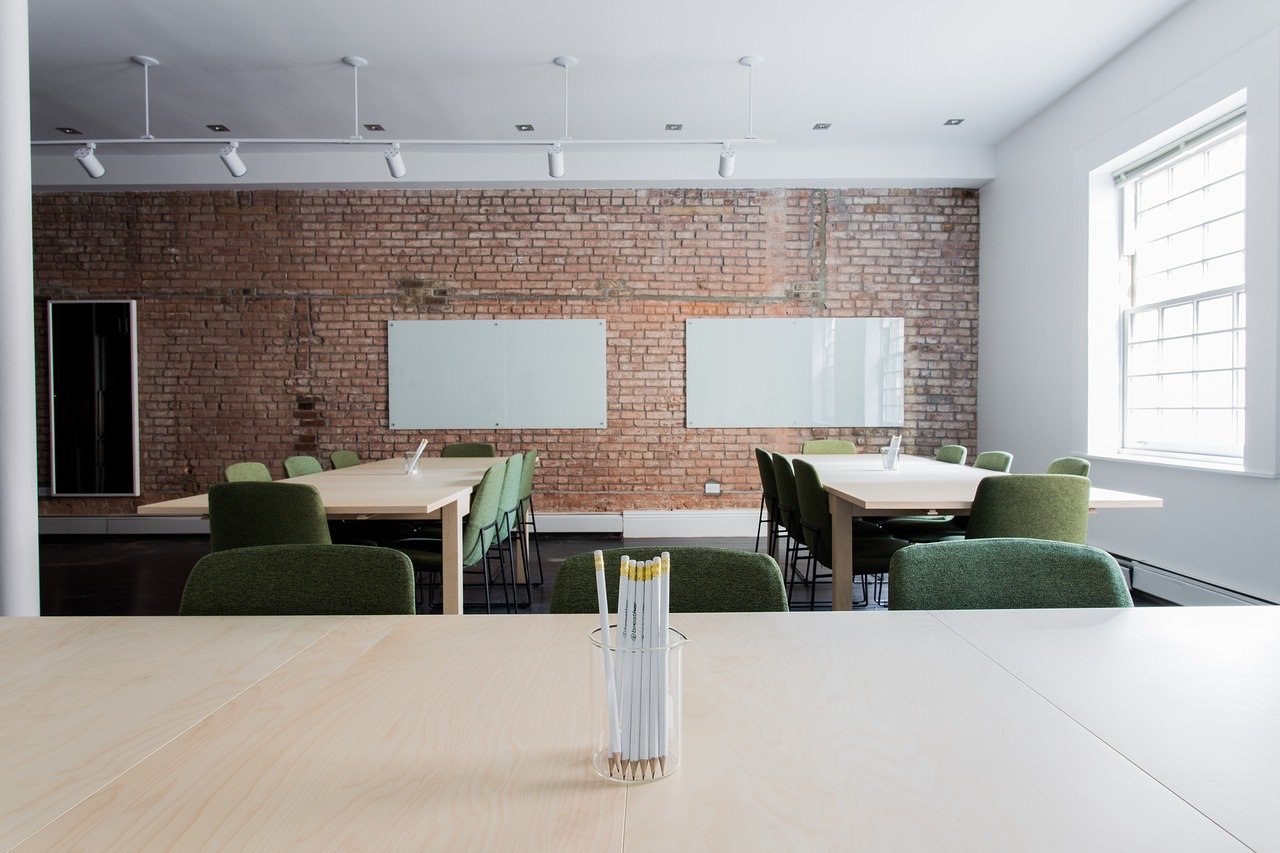The Bayat Foundation has spent a great deal of time in recent months focusing on COVID-19 relief efforts. However, it has not lost sight of its other ambitious projects planned for the post-pandemic future. Among these is the Bayat Foundation Innovation Hub, an exciting new initiative that aims to advance science and technology education in Afghanistan. Read on to learn more.
What is the Bayat Foundation Innovation Hub?
The Bayat Foundation Innovation Hub is a classroom for the 21st century located on the grounds of Michelle Bayat High School in Kabul. Currently under construction—the project was launched at a special groundbreaking ceremony on October 10, 2020—the Hub will serve as a state-of-the-art education center that will provide students with an inventive, practical, and accessible learning environment.
What will be the focus of the Bayat Foundation Innovation Hub?
The Bayat Foundation Innovation Hub will offer a curriculum focusing on STEM subjects: science, technology, engineering, and math. The broad goal of the Hub’s educational programs is to help students understand and maximize the potential of today’s technology and—at the same time—to think creatively about the role that technology can play in solving the problems of the future. In order to encourage critical thinking, inventiveness, and leadership development, the Hub will immerse students in the curriculum using the latest app-based learning initiatives. For example, coding skills will be taught via robotic balls, drones, and physical and virtual coding blocks.
Why is STEM education important?
We are currently living in an age of constant scientific discovery and technological transformation. In order for people and countries alike to keep up with the pace of change, stay competitive in a global economy, make valuable contributions to the future of society, and address our planet’s most pressing challenges, STEM literacy is absolutely essential. Through a STEM education, young people can develop vital skills such as critical and creative thinking, gathering and evaluating evidence, and information-based problem solving and decision-making that will help them—as well as the organizations and countries that they will eventually represent—to succeed in a complex world.
How does the Hub advance the Bayat Foundation’s mission?
Education has always been one of the central pillars of the Bayat Foundation’s mission, which is to nourish the lives of all Afghans. Throughout Afghanistan’s history, a significant portion of the population has lacked access to any kind of formal education. This not only impacts individuals and families, many of whom have difficulty improving their circumstances due to a lack of education, but also the country itself, which has been deprived of societal, business, and government leaders.
In response to this challenging education gap, the Bayat Foundation has worked hard to develop, implement, and support initiatives that aim to provide Afghans with valuable learning opportunities. The foundation’s efforts in this area focus on two important groups: vulnerable and at-risk Afghans, such as orphaned children and refugees who lack literacy skills; and post-secondary students, who need an enhanced standard of learning in order to help Afghanistan to compete on the world stage. In recent years, the Bayat Foundation has been involved with the launch of the Faryab Orphanage and Learning Center in Maimana Province and has provided support for the reconstruction of the American University of Afghanistan.
What other organizations are involved in developing the Hub?
The following organizations are partnering with the Bayat Foundation on the construction and operation of the Bayat Foundation Innovation Hub:
The Afghan Red Crescent Society—The Michelle Bayat High School, which will house the new Bayat Foundation Innovation Hub, is located in Kabul on the grounds of the Afghan Red Crescent Society (the acting managing director and the secretary general of the society both participated in the October 10 groundbreaking ceremony for the Bayat Foundation Innovation Hub alongside the Bayat Foundation’s chairman, Ehsan Bayat). The Afghan affiliate of the International Federation of Red Cross and Red Crescent Societies, the Afghan Red Crescent Society has conducted wide-ranging humanitarian and relief work throughout Afghanistan since the 1930s.
MATTER—A global nonprofit organization, MATTER envisions a world in which every person is able to lead a full and healthy life. A movement of people, businesses, and organizations, MATTER is dedicated to overcoming one of our biggest contemporary challenges: a lack of access to healthcare, education, and other resources that are necessary to enable people to lead healthy and fulfilled lives.
Teach for Afghanistan—For many years, one of the main barriers to improving education in Afghanistan has been a lack of qualified teachers. Teach for Afghanistan works to address this problem by placing the country’s most promising university graduates in two-year teaching positions at Afghan schools. To date, over 200 university graduates—who teach at 69 schools—have helped more than 60,000 young students.

